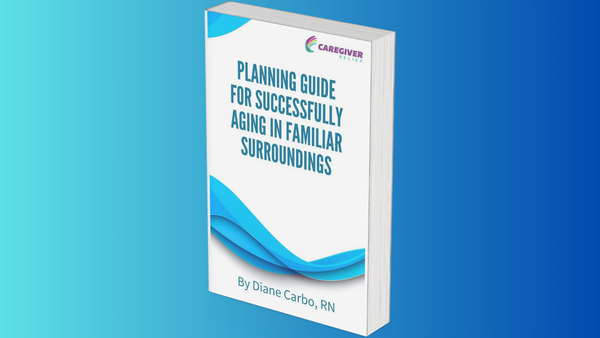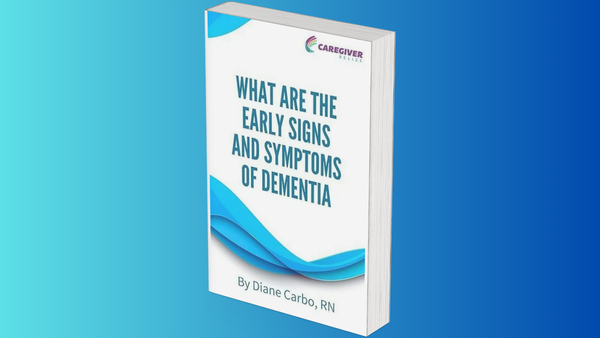Caring for Dementia Patients Incontinence or Prolapse
Caring for a loved one with dementia can be challenging, especially when it comes to managing incontinence and prolapse. In this article, we provide tips and resources for caregivers to find the best solution for their loved one's needs.

Caring for Dementia Patients Incontinence or prolapse…
There are many challenges people with dementia face. It is a learning experience for the person living with it and the people who care for them.
The Centers for Disease Control estimates that more than a quarter of all caregivers of someone 50 or older… provide help for a person suffering some sort of dementia… cognitive impairment or disorder like Alzheimer’s disease. Along the way, the caregiver may have to discover how to help to a person with several medical conditions.
Dementia patients with incontinence may be one of those conditions.
There are a number of reasons why someone could become incontinent. Many women suffer from relatively common conditions like Pelvic Organ Prolapse. Or … Stress Urinary Incontinence. That may make this a bigger issue if their dementia worsens.
More on Caring for Dementia Patients Incontinence or Prolapse …
Pelvic Organ Prolapse occurs … when the pelvic floor muscles become weak and allow the bladder or uterus to drop and sink into the vagina.
A variety of factors contribute to prolapse:
- Childbirth
- Menopause
- Extra body weight
- Chronic coughing
Stress Urinary Incontinence is a condition when people release urine during physical activities… like coughing, sneezing, laughing and exercise. This is the most common type of incontinence in women. And can occur due to similar reasons to prolapse (like age and childbirth).
Treatment for prolapse and incontinence is based on the severity of the condition.
There are non-surgical solutions… including exercises and a small device called a pessary. This device is inserted into the vagina to support prolapsed organs.
There are also surgical options, including one very controversial treatment.
Transvaginal mesh implants. These implants are surgically inserted through the vagina. They are to support the pelvic organs. Unfortunately, these implants have been linked to serious complications. They are the subject of more than 20,000 lawsuits. Women report intense pain and internal damage. The mesh can cut through tissues and even organs.
Women who may be experiencing issues with incontinence or prolapse … may want to see a urogynecologist. That is a doctor who is trained to treat pelvic floor disorders.
More on Caring for dementia patients Incontinence or prolapse
Caregivers Need a Plan to Manage Incontinence Issues
Incontinence is a common problem with people with dementia. It’s important to stress that it is not a symptom of dementia.
The effects of incontinence are actually pretty manageable until the very late stages.
It is important for a caregiver to come up with a plan for the person they are caring for. And determine how they will react if certain situations occur. Finding the balance, between being a caregiver and … allowing the patient to maintain a certain level of dignity, may be tough. Some of the basic ways experts recommend finding that balance include:
- Help the patient feel less embarrassed about incidents. Don’t scold them or make them feel guilty when it occurs.
- Respect their privacy and comfort. It may involve providing waterproof bedding or incontinence padding and pants.
- Do not withhold fluids. This could make matters worse by causing dehydration or a urinary tract infection. Learn how to manage the issue instead — like limiting fluids before bedtime.
- If an incident occurs, it’s important to act quickly to help the person clean up and get comfortable again.
Some caregivers may have a hard time dealing with incontinence. If the caregiver’s concerns begin to affect their relationship with their family member… they may need to seek advice from someone specifically trained… to deal with incontinence issues. This could be an NP in the urologist office or a pelvic floor Physical therapist.
There are plenty of resources that can help you deal with the incontinence issues. These can help you with the proper information on techniques and supplies … to provide meaningful care for a person with dementia.
Julian Hills has been a staff writer for Drugwatch since 2013. He has a background in newspaper and television journalism. He studied Communication and English at Florida State University.
You might also like this article:







